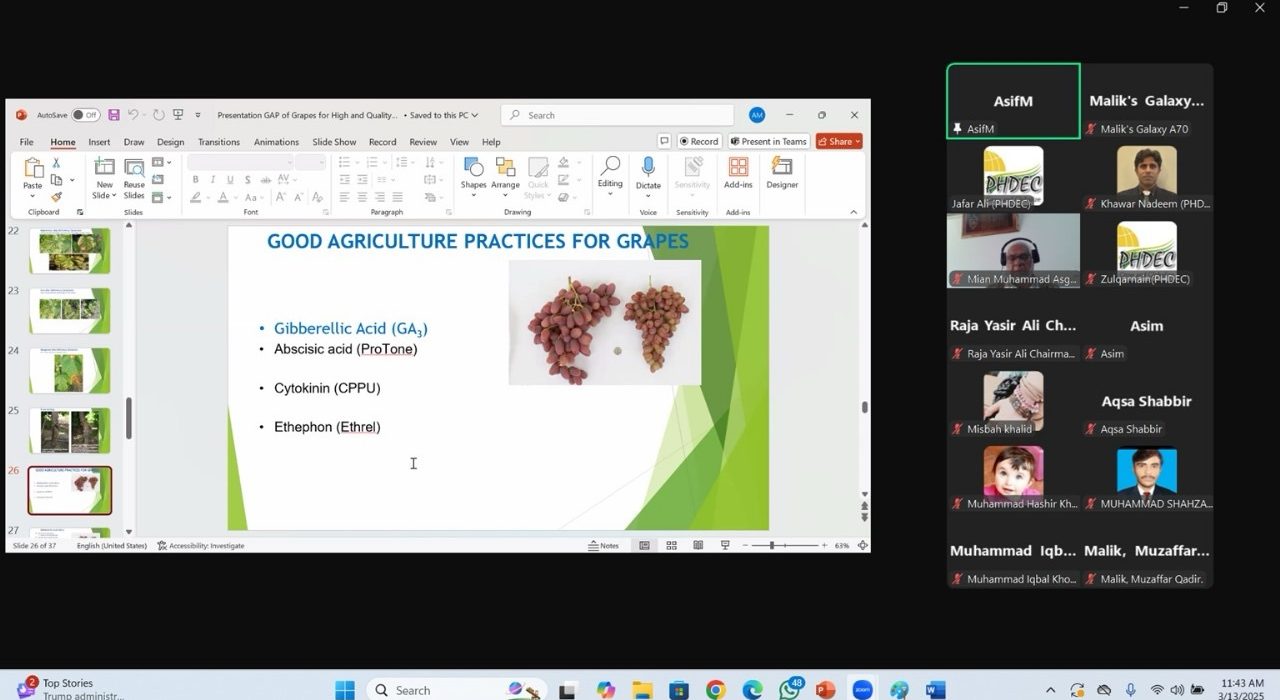PHDEC’s Pavilion at FoodAg Manufacturing 2025 organized by TDAP
Day 2 PHDEC remains committed to supporting stakeholders in the horticulture sector, particularly those engaged in the commercial-scale production of value-added products from various fruits and vegetables. In line with this commitment, PHDEC sponsored 50 stalls free of cost for Pakistan’s horticulture entrepreneurs at the PHDEC Pavilion during the three-day FoodAg Manufacturing Exhibition at Expo Center Lahore.On the second day of the exhibition, exhibitors had the opportunity to connect with packaging companies to explore packaging solutions for their products. They also engaged with key players in the supply chain, fostering new business collaborations. Additionally, exhibitors had opportunities of B2B meetings with Chinese delegates as well as local buyers to discuss potential deals, particularly for products such as olive oil, dried products of apricots, mango snacks, mulberries, citrus, persimmons, and pickled olives, among other value-added items.PHDEC also hosted senior banking officials, the Chief Manager and Regional Cheif Punjab, State Bank of Pakistan, and the Zonal Head of Allied Bank of Pakistan. PHDEC team accompanied them during their visit to the PHDEC Pavilion, introducing them to exhibitors and showcasing high-value horticulture products. The bank representatives were impressed by the premium quality of the products and appreciated PHDEC’s efforts in supporting entrepreneurs in the sector. The State Bank officials also expressed their support to uplifting the horticulture sector, particularly entrepreneurs from Gilgit-Baltistan.Furthermore, officials from the Food and Agriculture Organization (FAO) in Balochistan visited the PHDEC Pavilion and commended PHDEC’s contributions to the horticulture industry. They expressed their willingness to collaborate with PHDEC to strengthen Balochistan’s horticulture sector and offered their full support in this regard.The PHDEC Pavilion also attracted a large number of visitors from various districts of Punjab, further enhancing networking and business opportunities. Exhibitors expressed their enthusiasm and gratitude to PHDEC for providing such a significant platform to expand their market reach and business growth.










